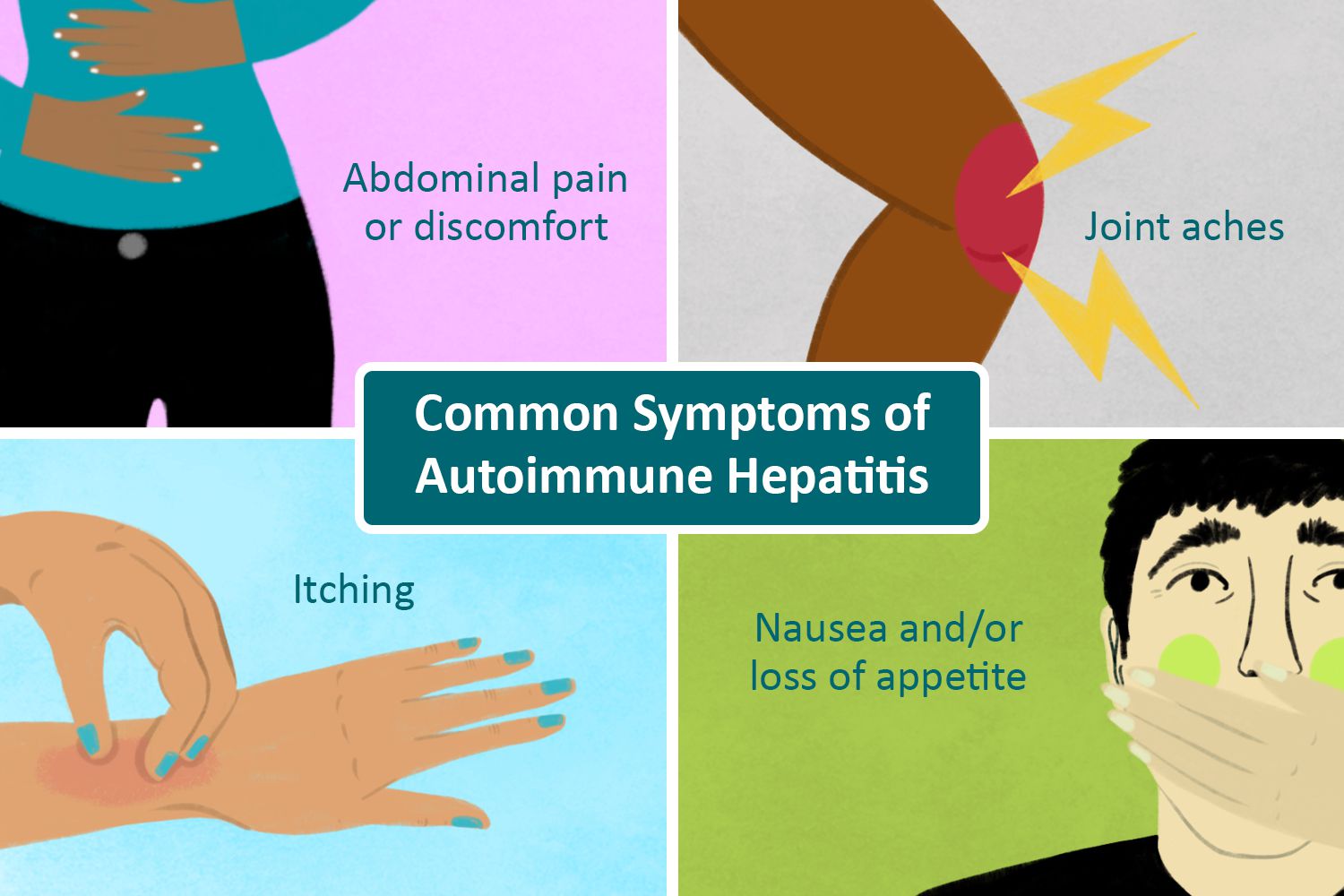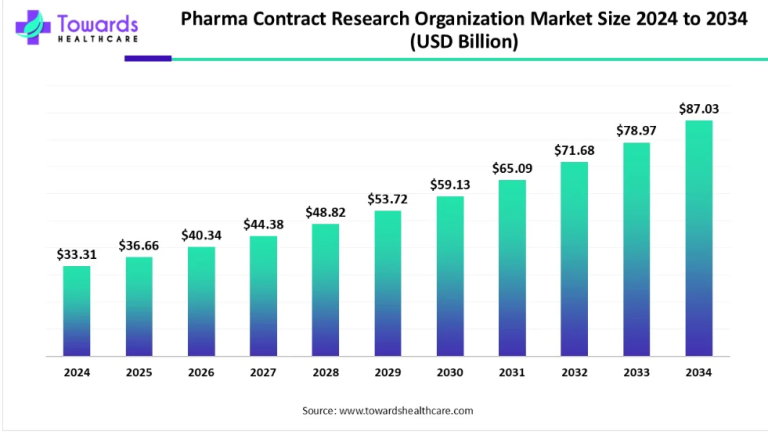
Advancements in diagnostic technologies have vastly improved how doctors detect autoimmune hepatitis. For instance, blood tests can now spot specific antibodies linked to this condition, giving doctors a clearer picture. Also, imaging methods like MRI and ultrasound help doctors see inside the body more clearly. These improvements make it easier and faster for doctors to diagnose autoimmune hepatitis accurately.
Cutting-edge Diagnostic Tools Revolutionize Detection
In 2021, a study in Alimentary Pharmacology & Therapeutics discussed a new liver function test called the “ALT index” that could identify liver damage earlier than regular tests. This test, focusing on alanine aminotransferase levels, offers a more sensitive approach to detecting liver abnormalities.
For any queries, feel free to reach us @ https://www.towardshealthcare.com/personalized-scope/5124
Similarly, in 2022, another study in Clinical Chemistry identified a protein marker called “glycoprotein asialoorosomucoid-3” that could assist in the early detection of liver injuries. This marker’s presence indicates liver damage, providing crucial information for early intervention.
Importance of Early Detection and Treatment
Early detection of autoimmune hepatitis is paramount as it allows doctors to initiate treatment sooner, preventing further damage to the liver and improving the patient’s chances of recovery. With these technological advancements, doctors have more reliable tools to catch autoimmune hepatitis in its early stages, which is crucial for better patient outcomes.
Liver Transplant: A Lifesaving Intervention
A liver transplant emerges as a critical treatment option for autoimmune hepatitis, particularly in cases where other treatments fail to control the disease or when severe liver damage occurs. Globally, thousands of liver transplant surgeries are performed each year to address various liver diseases, including autoimmune hepatitis.
In the United States alone, 9,236 liver transplant surgeries were performed in 2021, marking a 3.7% increase from the previous year. This rise underscores the growing reliance on liver transplantation as a viable treatment option.
Advancements in Liver Transplant Techniques
With the increasing demand for liver transplants, there’s a parallel emphasis on advancing transplant techniques to enhance patient outcomes. Organ preservation technologies have evolved, allowing for the potential preservation of marginal organs for transplant or improving the quality of organs available for transplantation.
Addressing Limited Awareness
Limited awareness of autoimmune hepatitis poses significant challenges for both patients and healthcare providers. Symptoms such as fatigue, jaundice, abdominal discomfort, and unexplained weight loss may go unrecognized or be attributed to other causes, leading to delayed diagnosis and treatment initiation.
Educating the Public and Healthcare Providers
Raising awareness about autoimmune hepatitis is crucial for improving outcomes for affected individuals. Public awareness campaigns play a vital role in educating individuals about the signs and symptoms of the disease, encouraging them to seek medical attention promptly.
Simultaneously, healthcare provider education programs are essential to ensure clinicians are knowledgeable about autoimmune hepatitis, enabling timely diagnosis and appropriate management. By addressing the issue of limited awareness, we can reduce the burden of autoimmune hepatitis and improve outcomes for patients worldwide.
Advancements in diagnostic technologies and liver transplant techniques offer hope for individuals battling autoimmune hepatitis. Early detection coupled with timely intervention can significantly impact patient outcomes, highlighting the importance of continued research and awareness initiatives in combating this condition.
Unlock Infinite Advantages: Subscribe to Annual Membership
To own our research study instantly, Click here @ https://www.towardshealthcare.com/price/5124
To know more about autoimmune hepatitis diagnosis and treatment market:



